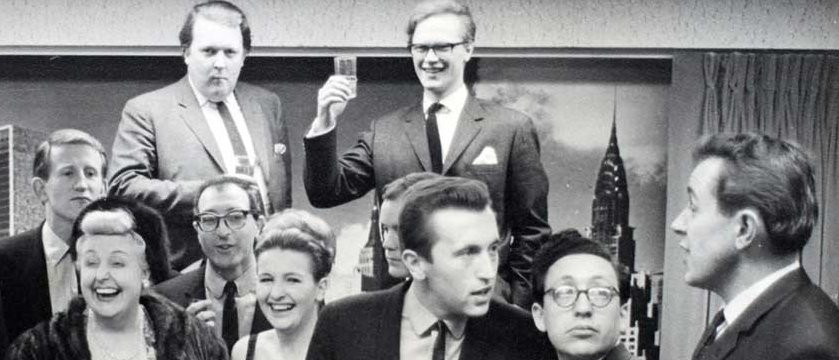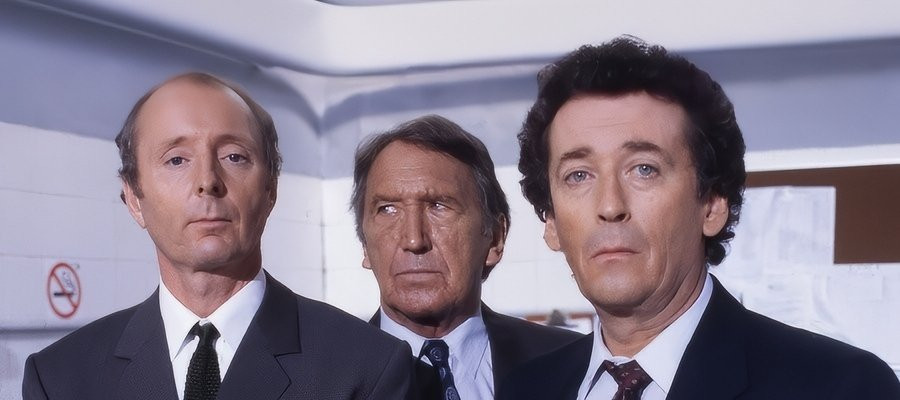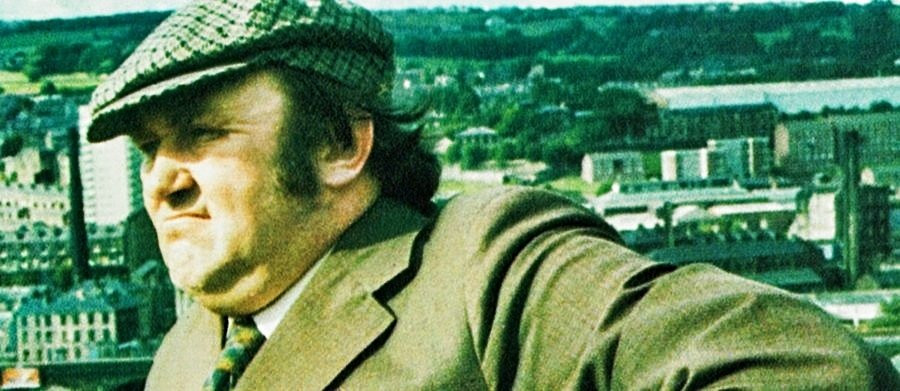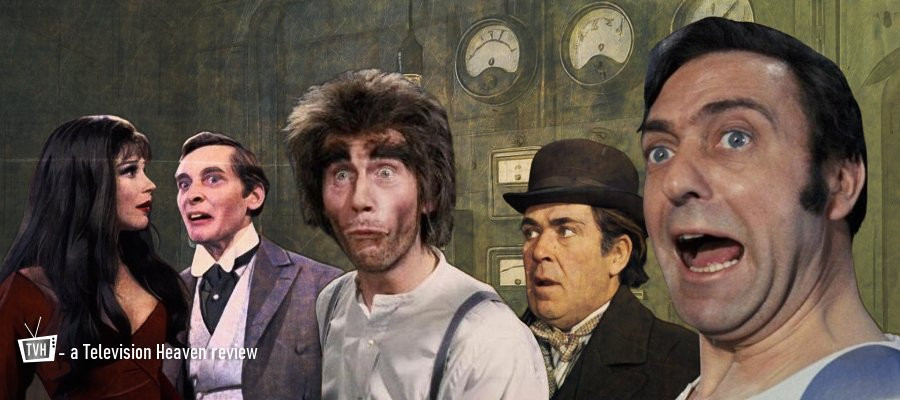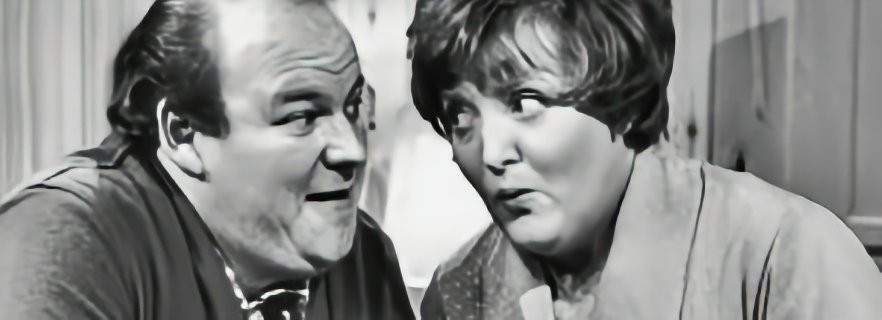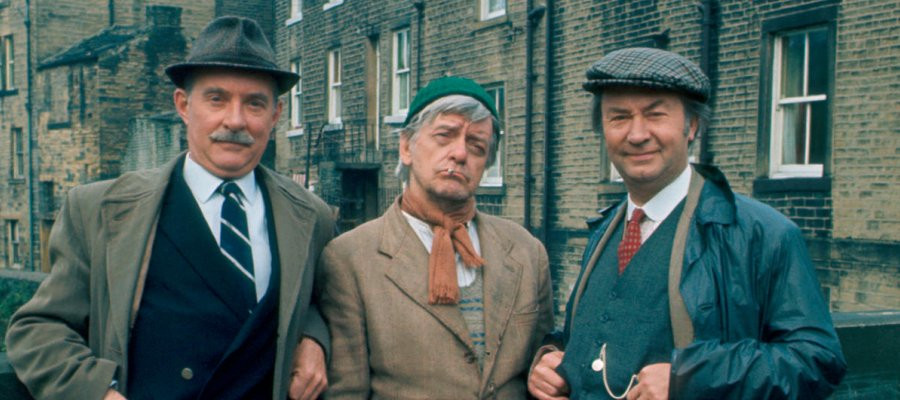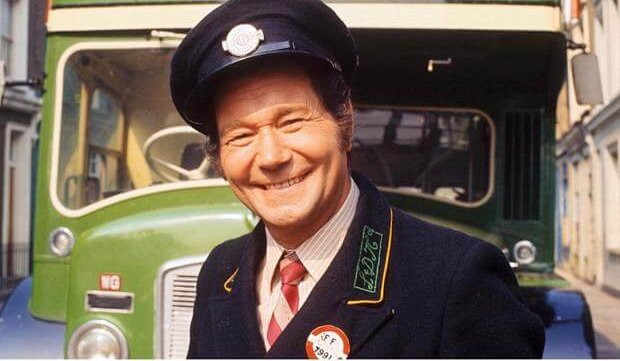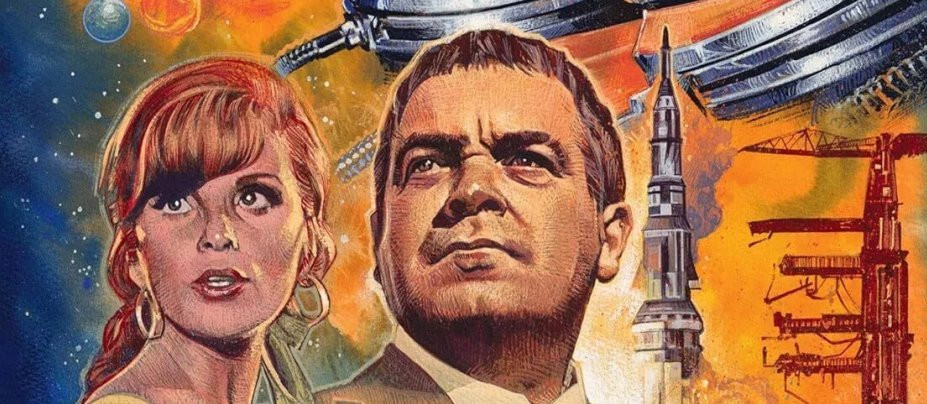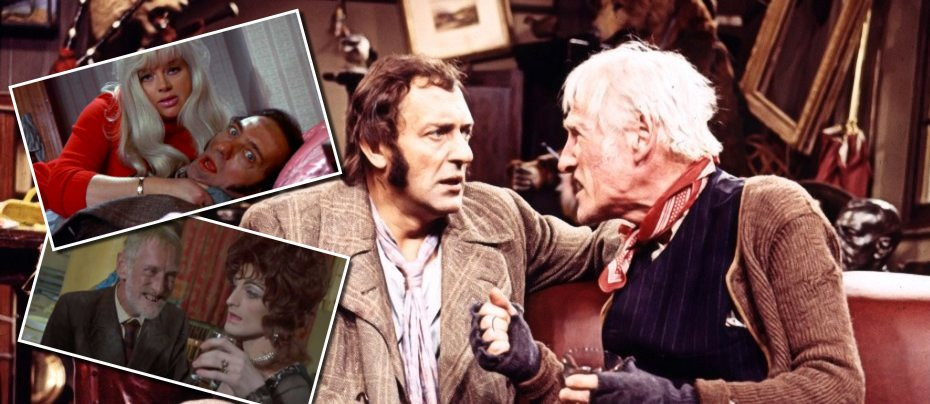
Sparrows Can't Sing
Joan Littlewood's Sparrows Can't Sing is a vibrant and often overlooked gem from the 1960s, featuring a young Barbara Windsor in a BAFTA-nominated performance and a collection of future stars making their film debuts. The film’s raw, semi-improvised style had a significant influence on future filmmakers like Mike Leigh and Ken Loach, providing a poignant and unflinching portrayal of a rapidly changing East End of London.
In the context of British "kitchen sink" dramas like Saturday Night and Sunday Morning, Sparrows Can't Sing stands out for its unique tone. Whereas many of the kitchen sink films were often marked by their stark realism and social commentary, Littlewood injects a dose of humour and warmth into the narrative. The film’s characters are steeped in realism—Windsor’s Maggie embodies the spirit of working-class Londoners, balancing a sense of humour and resilience with an underlying sense of hardship. It’s a perfect reflection of the era's challenges: the loss of old traditions, the uncertainty of the future, and the ever-present need to keep going.
Directed by Littlewood, known for her groundbreaking work in British theatre, Sparrows Can't Sing was her only film and was adapted from a play by Stephen Lewis, who would later gain fame for playing Blakey in On the Buses.
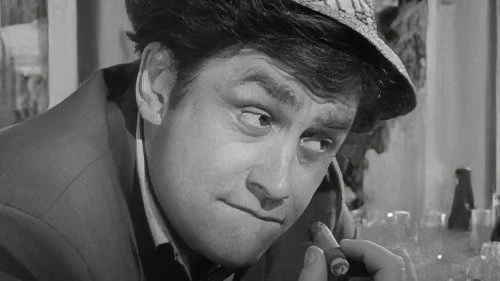
The story follows Charlie (James Booth - Zulu), a loud mouthed wide-boy who returns to his East End roots after years at sea, to find everything around him transformed. His old familiar surroundings are being torn down to be replaced by modern buildings, and his wife Maggie has moved into a new high-rise with bus driver Bert (George Sewell). They now have a child together, but undeterred, Charlie convinces himself the child is his and determines to win Maggie back, regardless of the obstacles in his path.
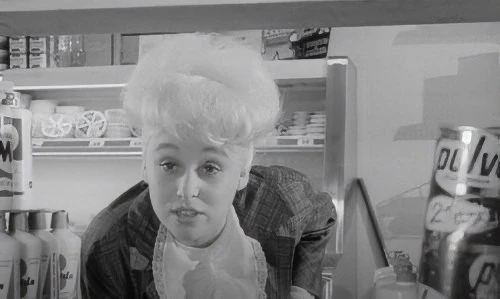
Maggie is a character who, on the surface, might appear to be the archetypal loud, cheeky Londoner, however, Windsor imbues her with a complexity that reveals her vulnerability, dreams, and emotional depth. While Windsor would later become famous for her role in the Carry On films, and her iconic turn as Peggy Mitchell in EastEnders, it’s in Sparrows Can't Sing where she truly demonstrates her dramatic range. The film effectively made her a star, providing a platform that would lead to a long and varied career in British cinema and television. Her portrayal of Maggie is heartwarming and deeply relatable, making the character’s arc of rediscovering love and identity all the more poignant. The film not only launched Windsor's career but also captured a snapshot of a community undergoing significant transformation.
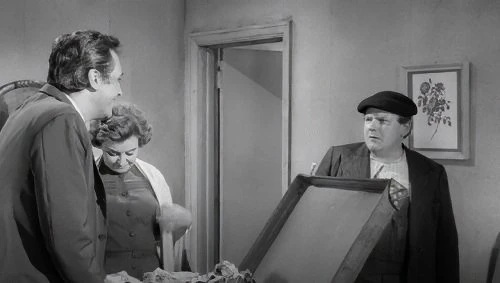
Littlewood’s influence over Sparrows Can't Sing is unmistakable. As a director and theatre impresario, she had long been associated with the Theatre Workshop, where she championed socially relevant plays and gave voice to working-class characters. Her control over the film is evident in the way she navigates the blend of comedy and drama, allowing her cast to shine in ways that feel authentic and unforced. Her ability to elicit genuine, emotional performances from her actors, especially within the working-class context, lends the film a refreshing depth and humanity.
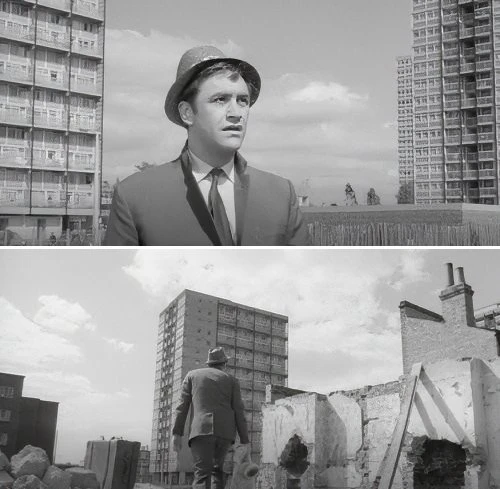
The setting itself—the East End of London—is almost another character in the film. The area, still recovering from the devastating effects of the Second World War, provides a rich backdrop for the story, showcasing a community that had endured mass destruction and was now trying to rebuild itself, both literally and metaphorically.
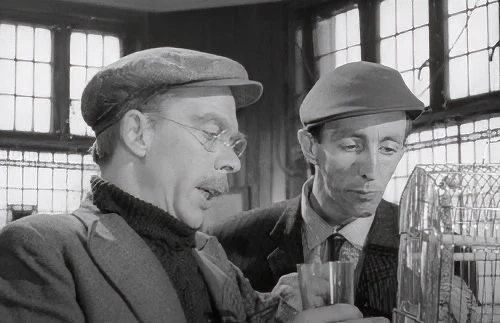
Among the cast are future stars and character actors such as Harry H. Corbett, Brian Murphy, Yootha Joyce, Roy Kinnear, Murray Melvin, Rita Webb, Arthur Mullard, Bob Grant, Avis Bunnage, Victor Spinetti, and Queenie Watts. Just about every actor in the film came through Littlewood’s theatre in Stratford East, London. However, contrary to claims made elsewhere, the notorious Kray twins do not appear, even in passing.
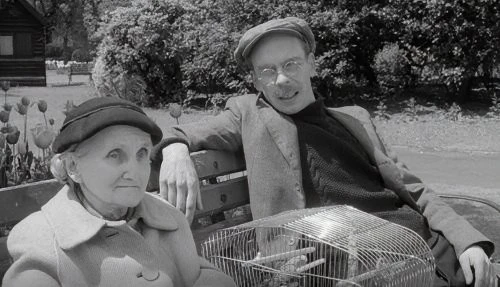
The film's ending is inevitable, with the clue embedded in the title and foreshadowed in an earlier scene. Jack (Murphy) walks around with a caged budgie and sits on a bench next to an elderly woman, watching sparrows. He points out that sparrows can’t sing and explains that it doesn’t work to catch them, paint them yellow, and sell them as canaries - a clear metaphor that someone who, despite their best efforts, can't be something they’re not.
Published on April 5th, 2025. Written by Marc Saul for Television Heaven.


